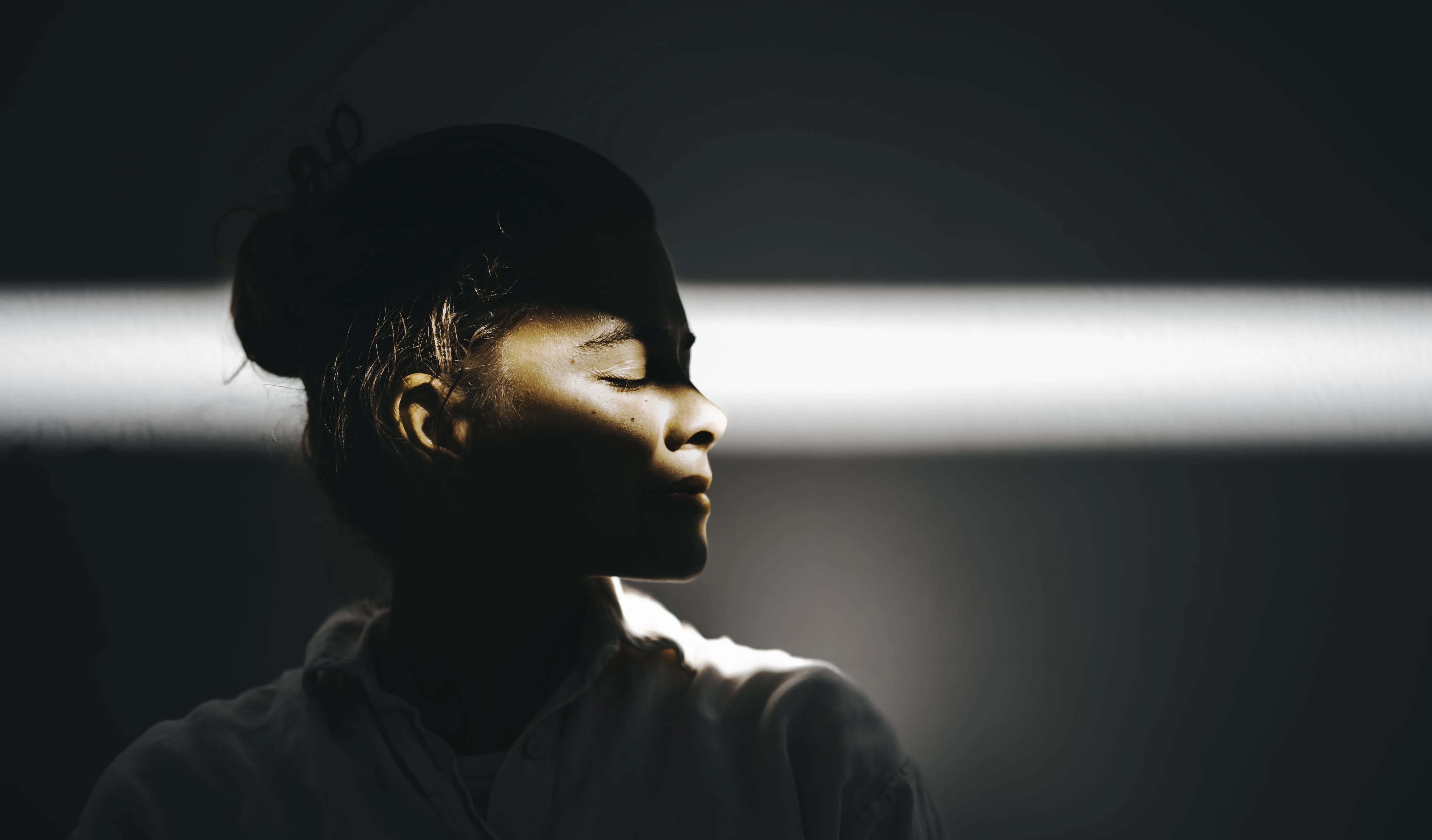
People diagnosed with the condition are being invited to take part in research that will test their sensitivity to light at night.
The study will help scientists understand if lithium – the most effective treatment for bipolar disorder – stabilises the condition by altering patients’ response to light. Despite being used for more than 70 years, precisely how lithium acts to improve patient health is unknown, experts say.
Body clock
So-called circadian rhythms are part of the 24-hour internal clock that helps to synchronise bodily functions and behaviour to regular cycles of night and day. Light in the morning can help people feel awake, while darkness in the evening signals the brain to make the sleep hormone, melatonin.
Changes to the body’s internal clock have long been thought to play a role in bipolar disorder.
Among those with the condition, hospital admissions related to depression peak in autumn and winter, while admissions for mania – periods of high energy and excited behaviour – are highest in spring and summer.
Light sensitivity
The University of Edinburgh-led project, named after the Greek sun god Helios, will explore if people with bipolar disorder are hypersensitive to excess light in the evening – disrupting their body clock and increasing the risk of manic relapse.
More than 100 volunteers from across Scotland will take part in a sleep study, with participants being exposed to a bright light during the night. Melatonin levels will be tested to see if they are reduced in those with bipolar disorder, compared with those who have no history of mental illness.
Scientists will also investigate whether treatment with lithium helps to prevent hypersensitivity to light and normalise melatonin production in those with bipolar disorder.
Future treatments
If successful, the project could pave the way for a new generation of treatment approaches that are light-focused, experts say.
Bipolar disorder affects one in 50 people in Scotland. It is characterised by extreme mood swings ranging from depression to periods of manic behaviour, often with periods of relative stability in between.

